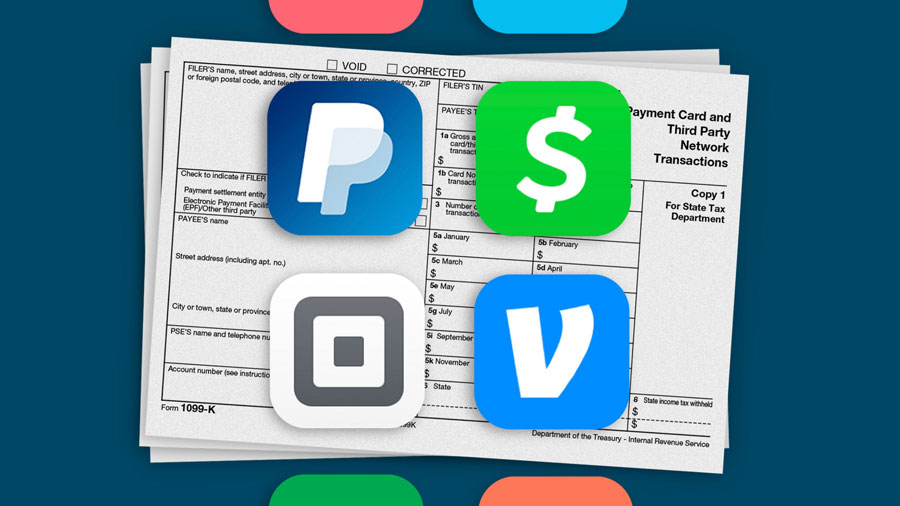The IRS announced a second year of delays in implementing a 2021 law apps like Venmo, PayPal, and Cash App to send tax forms (1099-Ks) to users who received over $600 in the current tax year. The
goal of this delay is to reduce taxpayer confusion and avoid sending an estimated 44 million 1099-K forms to people who may not owe taxes on these payments. Instead, the IRS will use an existing threshold — more than 200 transactions exceeding $20,000 in income—for sending 1099-Ks in early 2024.
IRS Reporting Threshold Changes in 2024
A big change is happening with the IRS. For instance, starting in the tax year 2024, they are raising the reporting threshold from $600 to $5,000. This means that if you receive more than $5,000 through payment apps in 2024, you’ll get a 1099-K form in early 2025 for your 2024 tax returns. However, in the following year (2025), the threshold drops back to $600, unless there are more changes.
Lawmakers’ Concerns
Certain Republican lawmakers are expressing concerns regarding the recurrent delays, perceiving them as indicative of confusion and impracticality associated with the $600 rule. In response, there is a growing call for a comprehensive reevaluation of the law to address these perceived issues.
Origin and Impact of the Reporting Requirement
The reporting requirement was first introduced in the 2021 American Rescue Plan. As a result, it required users to report transactions through payment apps that are $600 or more in a calendar year. However, online selling platforms expressed concerns about how it might affect people using payment apps for personal transactions. For now, it seems the IRS has listened to their feedback. IRS officials say they delayed things because taxpayers were confused about which transactions needed to be reported.
An experienced tax professional can navigate the IRS’s rules, statutes, and payment options to help you find the best way to eliminate your tax debt. Take the guesswork out of paying off your debt by speaking with a tax professional today.

